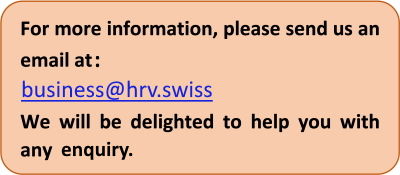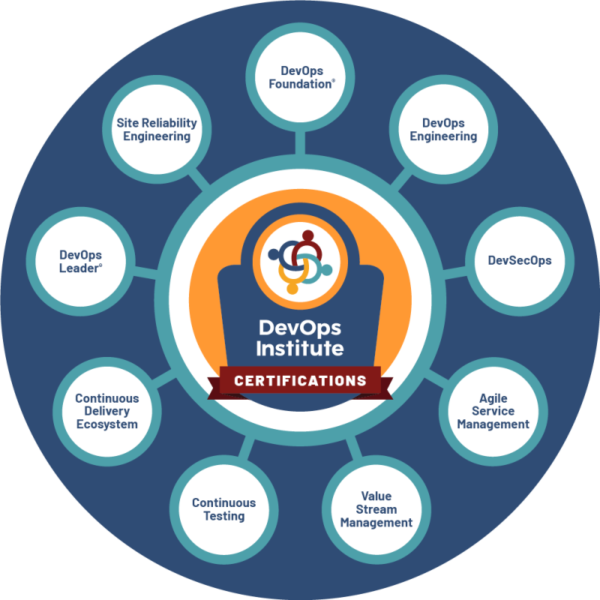11 Jun SOFT SKILLS
Soft skills
HRV.SWISS Sagl deliver soft skills training of high proficiency and impact , aiming for the development of capalities to facilitate cultural transformation, digital transformation and industry 4.0
The benefits of training soft skills can be summed up in the following bullet points:
- Strengthen your bottom line
- Set the rules of engagement
- Prepare your workforce for the future
- Navigate different working styles
HRV.SWISS Sagl adopts the IPMA framework IPMA ICB®( https://www.ipma.world/) as guidelines for individual capabilities within project, programme and portfolio management
The IPMA ICB mentions the following competence elements in the domain of project management, sorted into the three competence areas:
Perspective
competences:
|
People
competences:
|
Practice
competences:
|
Why soft skills matter:
HRV.SWISS Sagl soft skills training courses have identified the following focus points
- Teamwork
With the arrival of new working setting, highly dynamic and influenced by the tools of digital communication, soft skills help you develop the ability to cooperate with others and navigate the complexity of new work environment - Maintain
relationships
Soft skills not only support your relationships in the workplace, they determine your success working with clients and business partners. Employers seek out employees they can trust to represent the company in a professional and friendly way. - Grow
a network
Soft skills are critical for creating and growing your personal network and making professional contacts in the workplace. People with strong soft skills have a curious attitude that allows them to pursue professional leads and develop industry knowledge at a fast pace. - Facilitate
growth
Most soft skills contribute to your ability to not only use your existing skills well but to develop and grow those skills consistently over time. The ability to accept and implement feedback is a soft skill that many people struggle with. - Stay
organized
Attention to detail, time management and the ability to delegate are all soft skills that determine how organized you are at work. Being organized will help you prove that you are a reliable resource who can not only do their work well but do it in a timely manner. Organization combined with other soft skills like communication helps you build trust between your team because they know they can rely on you to help them find the information they need. - Prove
initiative
Soft skills also help you follow through on your ideas, using motivation to translate brainstorming sessions into actionable projects. Emphasize your soft skills to show employers that you have plans to grow and inspire others through your focus and drive. - Develop
leadership
Learn to be thoughtful about how your habits and attitude impact others in the workplace, an essential part of great leadership. People with strong soft skills can analyse what kind of leadership strategies their team needs to succeed and implement different strategies for each setting. - Gain
confidence
Your social skills can help you navigate workplace issues with confidence. Your confidence will help you influence others and persuade them of your perspective in professional situations. - Establish
a reputation
The way you interact with clients and business partners can influence how people perceive a company within your community, impacting their ability to do business. Your soft skills determine the success of your social interactions, the timeliness of your work and your ability to mediate conflicts on behalf of your employer to build a great reputation.
- If you’re really good at getting clients, and not so good at retaining them, chances are you have a soft skills gap.
- If you have lots of staff turnover and have to keep retraining people, chances are you have a soft skills gap.
- When you have lots of managers but no real leaders – that’s a soft skills gap.
In fact, whenever you are unable to capitalize on the wealth of knowledge, experience and proficiency within your team, then you should be assessing the level of communication and interpersonal skills that are present in your organization.
Individual competence consist of applying knowledge, capabilities and skills to obtain the desired outcomes:
- Knowledge is the amount of information and experiences an individual dispose
- A skill is the specific “know how” to get the job done
- A capability is the ability to apply knowledge and skills with efficiency in a given context
OUR AUDIENCES
| Consultants and Coaches |
|
| Educators and Trainers |
|
| Freelancers |
|
| Researchers |
|
| Organizations, Government, Businesses, NPO |
|
| Assessors and Certification Boards |
|




